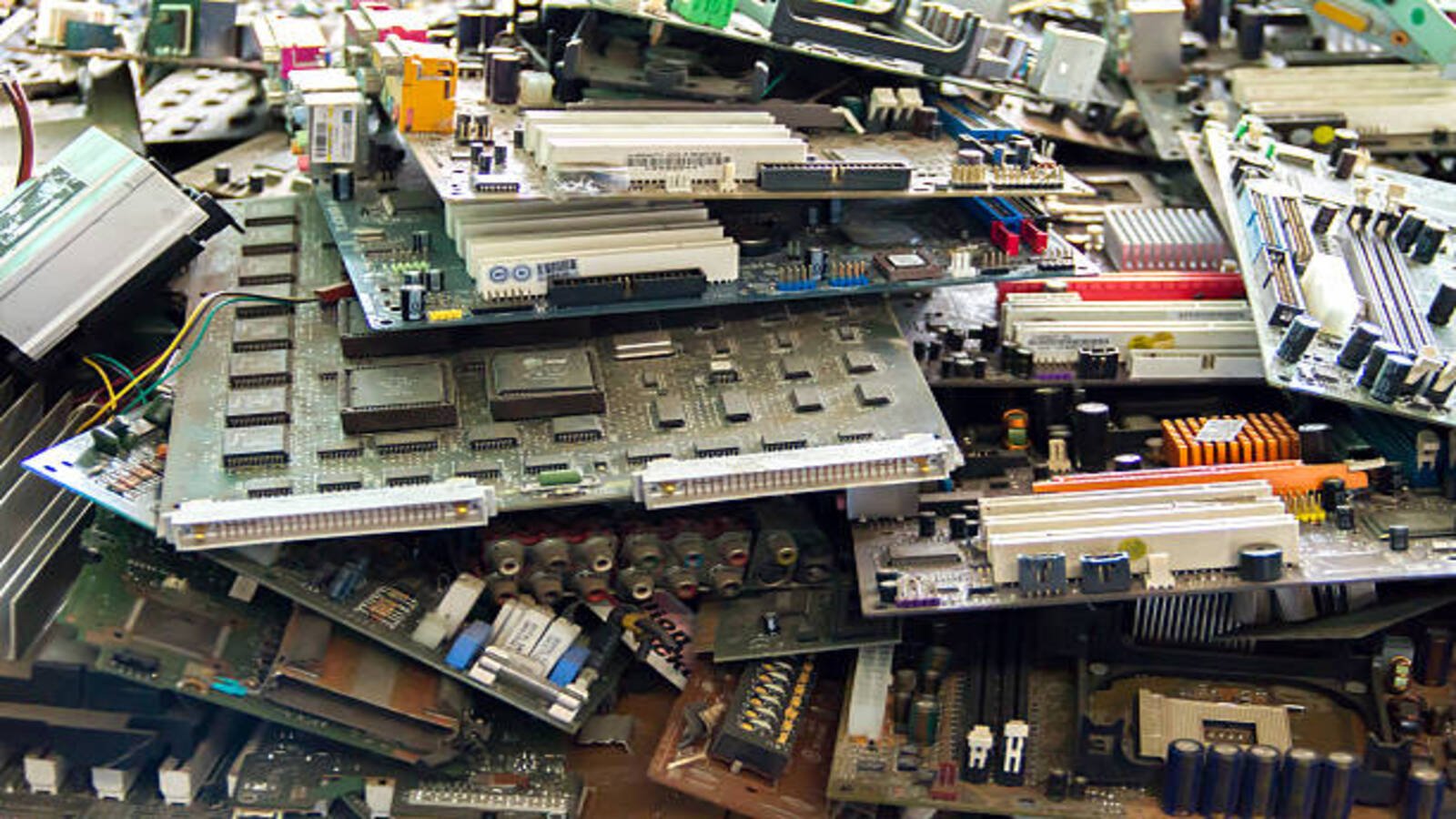Why Precision Matters: A Guide to Machining Parts for Industrial Use
When it comes to machining parts for industrial use, precision is key. The level of accuracy in the manufacturing process can make a significant difference in the quality and performance of the final product. In this article, we will explore the importance of precision in machining and share tips for achieving it during the production process.
The Importance of Precision in Machining
Precision refers to the level of accuracy in the dimensions and tolerances of a machined part. It is essential for industrial parts to be precisely machined to ensure that they meet the required specifications. For example, if a part is used in a machine, even minor inconsistencies could cause the machine to malfunction or stop functioning entirely. This could lead to lost production time, delays, and potentially even safety risks.
Precision machining can also impact the effectiveness of the final product. For example, if a part is used in a medical device, and its dimensions are slightly off, it could affect the device's ability to function correctly. In other cases, it could result in the device causing harm to a patient.
The Benefits of High Precision Machining
High precision machining offers several benefits for industrial applications. One of the most significant benefits is a reduced chance of errors and defects in the final product. When machined parts are precisely manufactured, there is less room for human error, which can lead to fewer defects.
Another benefit of high precision machining is improved product performance. When parts are manufactured with precise dimensions, they work seamlessly together, improving the overall performance of the product. This can translate to higher quality output and improved efficiency.
The Machining Process
The machining process involves various steps to create a machined part accurately. Here is a breakdown of some of the critical steps in the process:
Design
The design stage is where the part's dimensions and tolerances are determined. It's crucial to ensure that any specifications are communicated accurately to ensure the final part meets the required standards.
Material Selection
The selection of a suitable material for the part is critical. The material should have the necessary properties, such as strength and durability, to ensure that the final product is reliable and long-lasting.
Cutting and Shaping
The cutting and shaping stage involves using a variety of tools, such as lathes, drills, and milling machines, to cut and shape the material precisely.
Finishing
The final stage of the process involves finishing the part to ensure that it meets the required specifications. This may involve grinding or polishing the part to achieve the desired surface finish.
Tips for Achieving Precision in Machining
Here are some tips for achieving precision in machining:
Use the Right Equipment
It's essential to use the right equipment for the job. Low-quality or outdated tools can lead to inaccurate machining and poor quality results. Ensure that your equipment is the correct size, has the right tooling, and is in good condition.
Document the Process
Keeping accurate records of the machining process can help identify any issues that may arise and provide insights into how to improve the process. This information can be used to adjust the process and ensure consistent results.
Perform Regular Maintenance
Maintaining the equipment regularly is essential for achieving consistent results. Regular maintenance can help identify any issues before they become more severe and lead to inaccuracies in machining.
Conclusion
When it comes to machining parts for industrial use, precision is crucial. The importance of precision in manufacturing processes cannot be overstated. It impacts the performance and reliability of the final product and can even affect safety. By following the tips we've shared, manufacturers can achieve the necessary precision to ensure the quality and reliability of their products.

